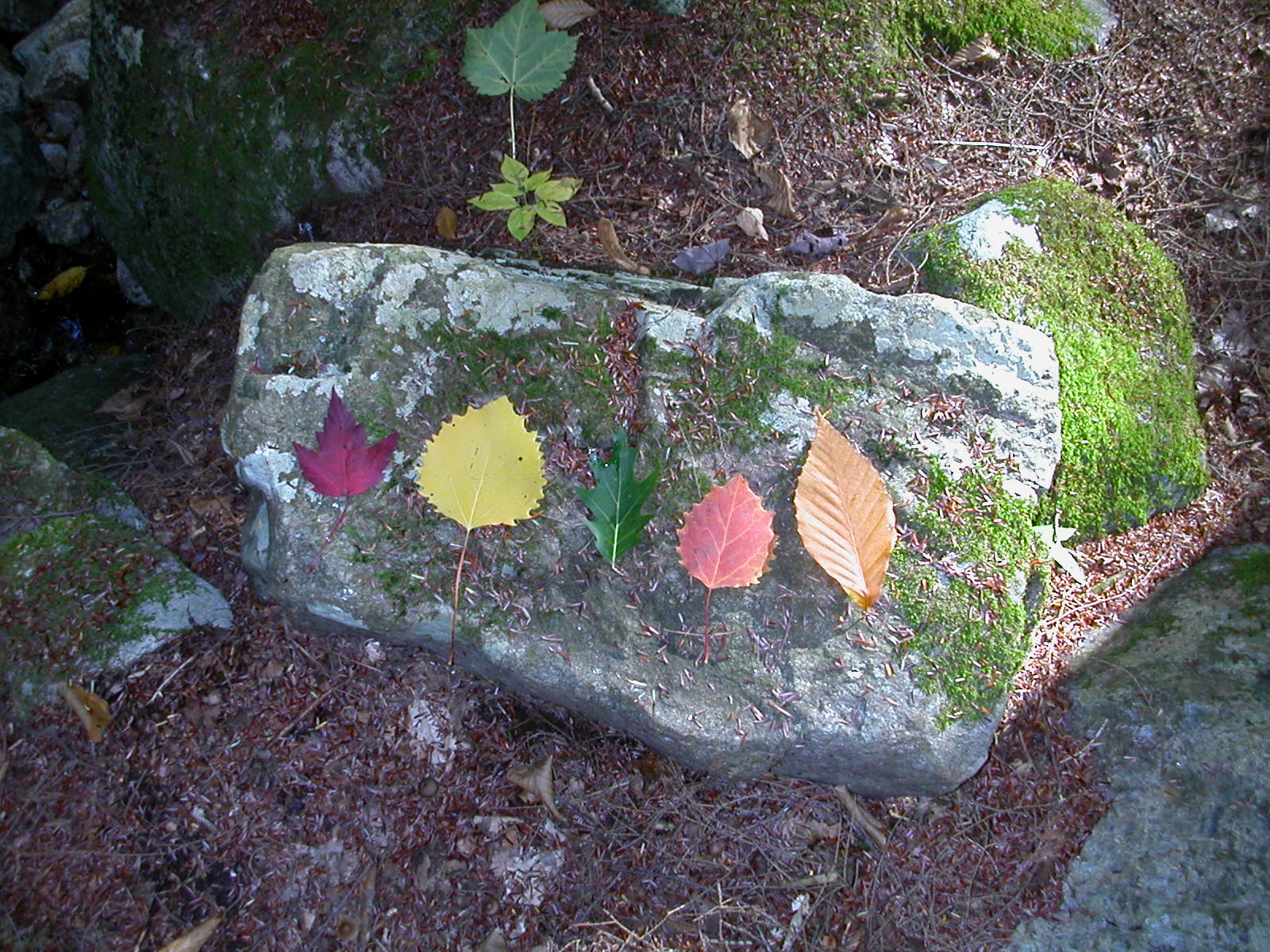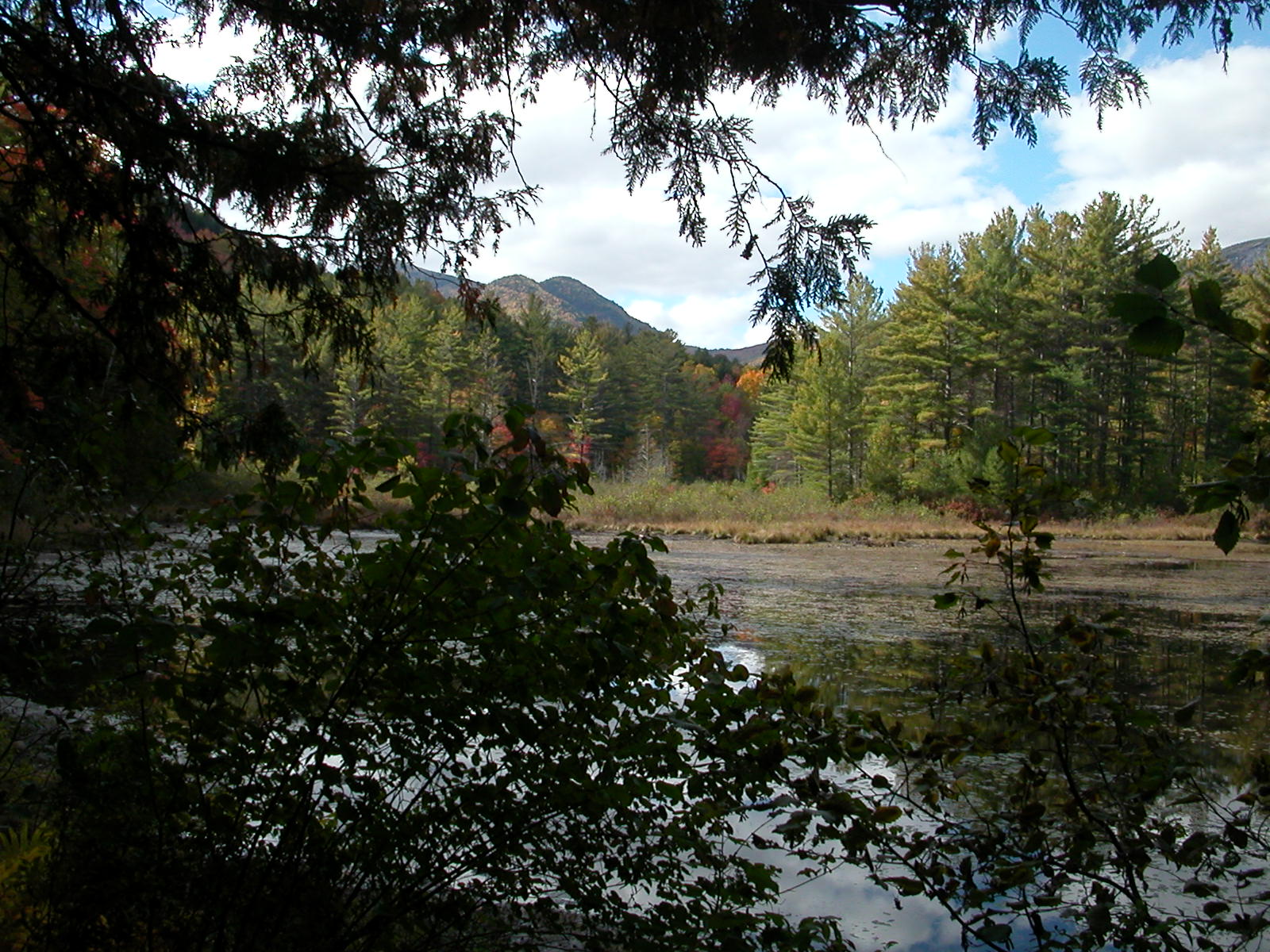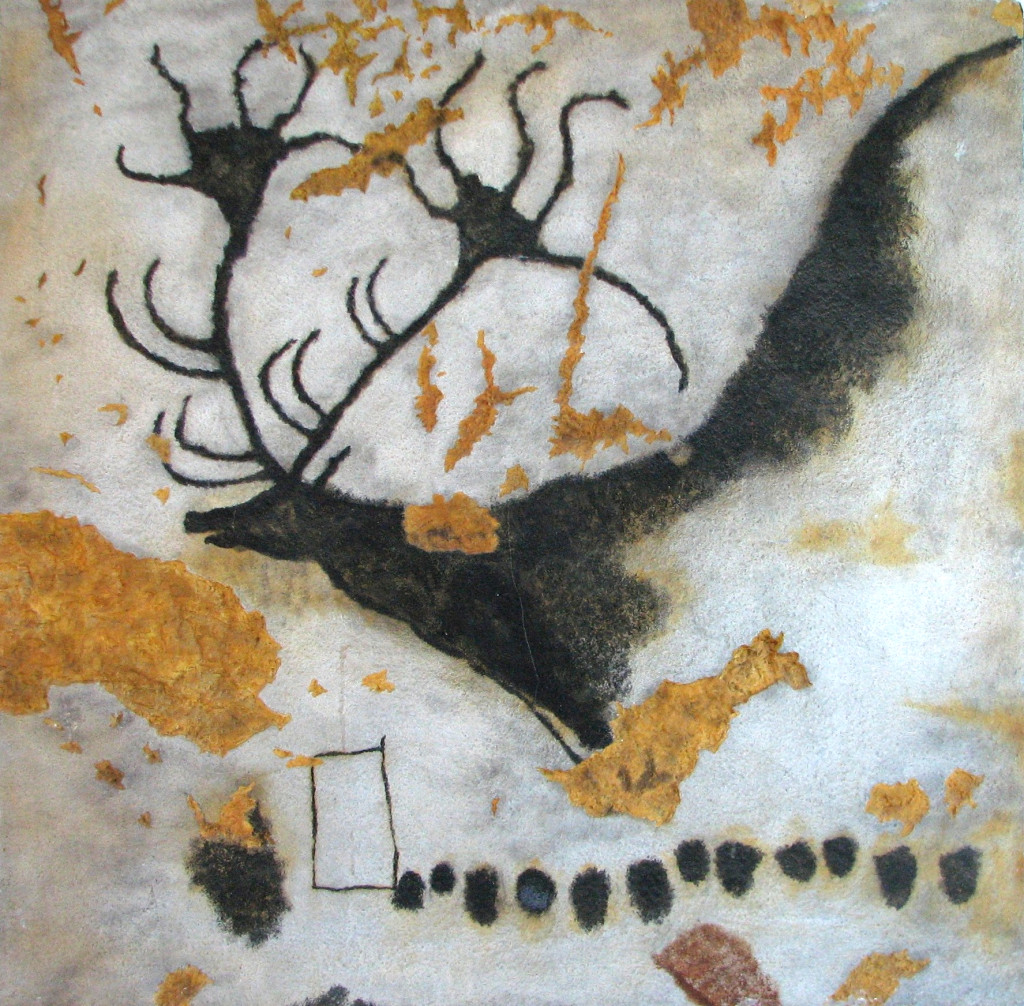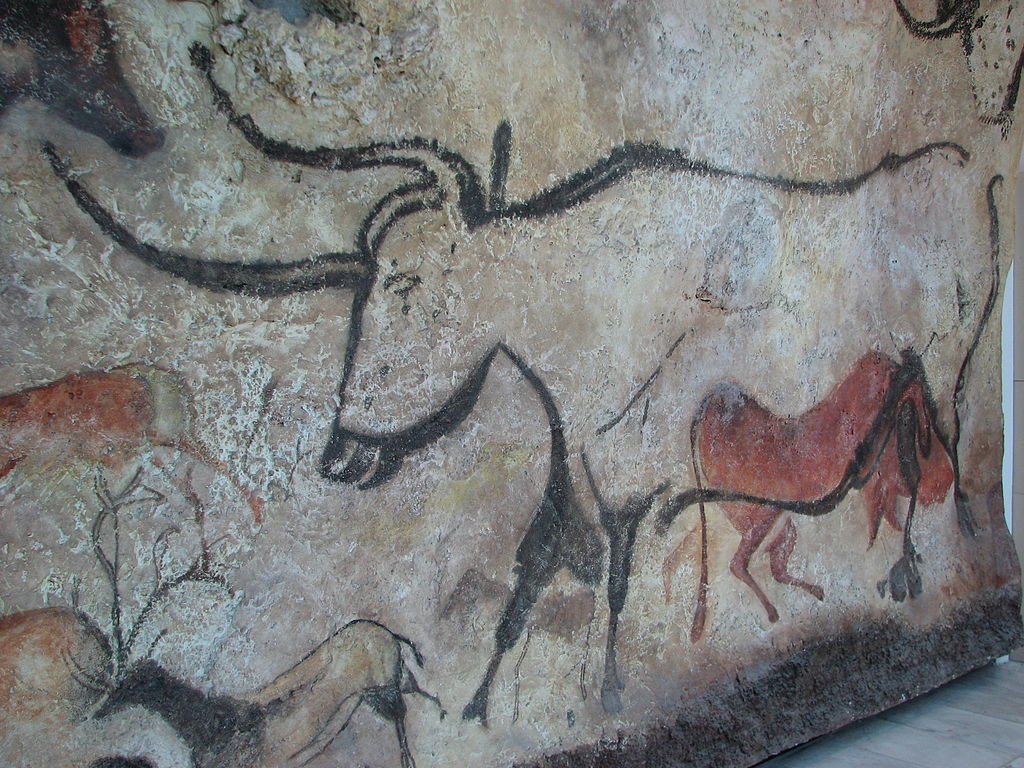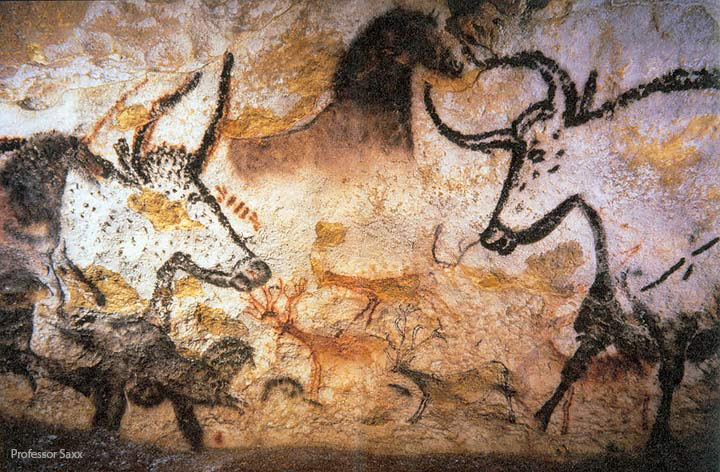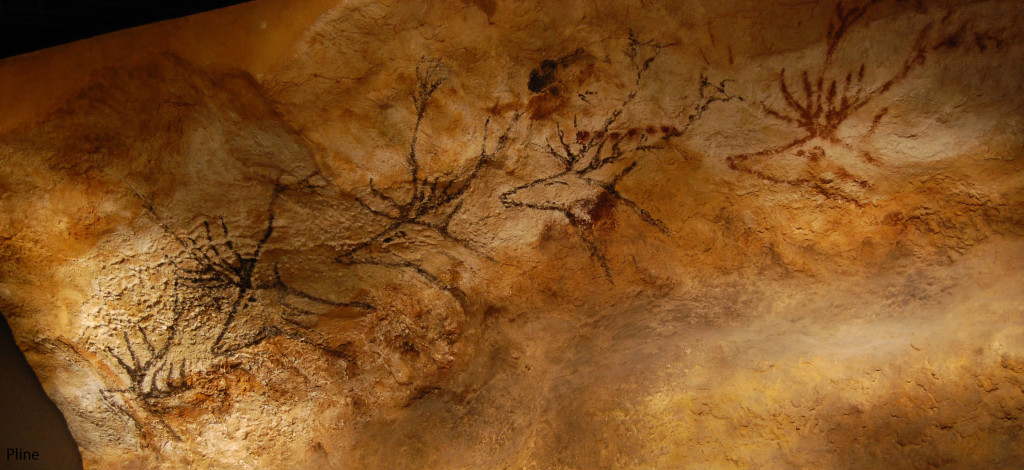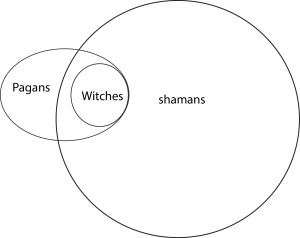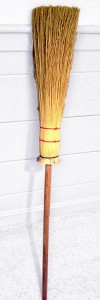
This is the second of a three-part series. A discussion of the word “pagan” is here
When I say I’m a Witch, people sometimes ask if I mean Wiccan, and whether those two words mean the same thing. The answer is sort of but not really.
The dictionary (Random House) tells us that “witch” means
1. a person, now esp. a woman, who professes or is supposed to practice magic, esp. black magic or the black art; sorceress. Cf. warlock.
2. an ugly or mean old woman; hag: the old witch who used to own this building.
3. a person who uses a divining rod; dowser.
The etymology of the word is controversial and contested but here is what John Ayto’s Dictionary of Word Origins has to say:
The close Germanic relatives of witch have died out, but it seems that it may be related to German weihen ‘consecrate’ and even, distantly, to English victim (etymologically ‘someone killed in a religious ritual’), so the word’s underlying signification is of a ‘priestess.’ Wicked was derived from Old English wicca ‘wizard,’ the masculine form of wicce, ancestor of modern English witch.
So to recap here, “witch” is derived from Old English and is related to a Germanic word having to do with religious sacrifice, which connotes something like our modern understanding of the word “priestess.” Another word we associate with witches, “wicked,” comes from the Old English “wicca,” which means a male wizard. The feminine form of this is “wicce.” So now we have the derivation of “wicca”: basically the Old English word for a male sorcerer.
You may have noticed that the underlying meaning of “witch” is neutral in tone. The word began to have its negative understanding under Christian persecution. The record is clear, from Augustine of Hippo (354-430 c.e.) to the publication of the Inquisition manual Malleus Maleficarum (1487), that the witch persecutions were a culmination of a very long campaign to eradicate worship of the old gods and the practice of (non-clerical) magic for any purpose, including healing. While witches of both sexes were persecuted, women were especially targeted, hence definition 2: “an ugly or mean old woman; hag.” Theologians traced suffering in the world to the supposed pact between witches and the Christian embodiment of evil, The Devil. In reality, The Devil is a deity peculiar to the Abrahamic religions, and both the word and the priestly function of “witch” evolved prior to Christian influence. Under Christian suggestion some rebels did take up bizarre practices imagined by the Inquisitors, but most of the accused witches were innocent of magic of any kind and virtually all considered themselves Christian. Church officials pressured local governments to prosecute witches in their own courts, and as control of these prosecutions passed to secular authorities the arrests skyrocketed, with large numbers of people (mostly women) imprisoned, tortured, or even killed.
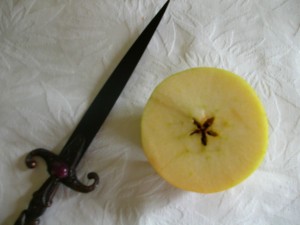
In the 1950s Gerald Gardner took surviving magical practices on the British Isles, included a bit of folklore from other places, added a few innovations of his own, and presented it to the public as “Wicca,” proving that a witch under any other name isn’t nearly as scary. Gardener’s more easily accessed form of witchcraft spawned many permutations, which went under names like Celtic Wicca, Saxon Wicca, Eclectic Wicca, or Dianic Wicca. Taking a religious tradition, modifying it to suit your own purposes, and then calling it by the same name is the essence of appropriation, but consciousness around this issue was virtually nonexistent at the time. Most witches agree that “Wicca” should properly refer to Gardnerian Witchcraft, but the horse has left the barn on this one, because the general public has gotten the idea that the “Wiccans” are the good witches, as opposed to those other witches in storybooks who cast black magic spells. The practitioners of the woman-only Dianic religion, especially, were on the bad end of a joke, discovering belatedly that “wicca” means “male witch.”
How does Witchcraft relate to Paganism? All Witches are Pagans, but not all Pagans are Witches. “Pagan” is an overarching term for a variety of polytheistic nature-based religions. Some, but not all, of these Pagan religions are a form of Witchcraft. That answer probably leaves you with more questions than you had before, but this is the best I can do in a short blog post.
By the way, if you want to annoy a practitioner of Witchcraft, ask if she is a “white witch.” That phrase is part of a Christian framework, rooted in dualistic schemas of white/good and black/evil. Witches operate under a different paradigm, and use the color black frequently in their (very good) magic. While “white witch” is an irritating term and “black magic” means something different than Random House thinks it means, “Green Witch” is an acceptable term, usually denoting a Witch that is well-versed in herbology.




